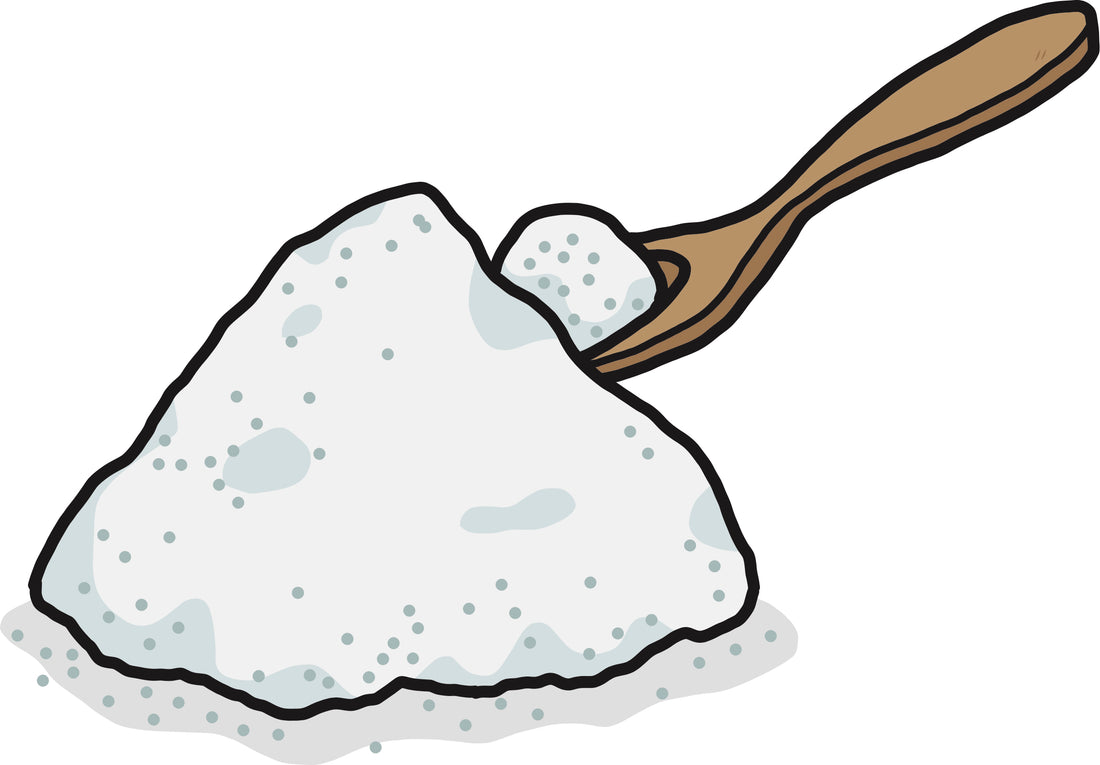Fruit Sugars vs. Free Sugars
Fruit gets a bad rap.
It’s sugar’s fault, again.
Fruit gets a bad rap because of sugar. Apple or Donut? Candy or Banana? Some people think its all the same sugar.
Naturally derived sugar from fruits and vegetables are generally ok for you to eat because they are encased in the fiber of the produce. Fibre helps slow down absorption, affecting metabolism and in most cases prevents a spike in blood sugars because the liver has a chance to regulate the process.
Fruit Sugars vs. Free Sugars
The World Health Organization: WHO recommends that adults and children reduce their daily intake of Free Sugars to less than 10% of their total energy intake. A further reduction to below 5% or roughly 25 grams (6 teaspoons) per day would provide additional health benefits.
This is exactly why the total sugars in Punch’d Gummies are less than 1% of your total energy intake per serving. Punch’d uses real fruit to help sweeten the deal.
Punch’d Gummies also tick the low carb (8g) and low cal (26) boxes when it comes to a mid-afternoon pick-me-up. The whole pack of 8 Punch’d Gummies is also only a 4 on the glycemic load scale (that’s really low).
Glycemic Load is also important to you because that is the number that estimates how much that particular food will raise your blood glucose level. This is extremely important for foiling diabetes and also key to preventing unnecessary fat storage. You don’t want to feel the sugar rush.
Free Sugars
The concept of “free sugars” or added sugars is not new to foods, but there are new labeling guidelines now. Food and Beverage Companies must label added sugars more clearly moving forward. Our new Punch’d packs reflect this change.
Free sugars refer to monosaccharides (such as glucose, fructose) and disaccharides (such as sucrose or table sugar) added to foods and drinks by the manufacturer. There are estimated to now be around 60 different names for these free sugars, you have to read the ingredient lists carefully.
Much of the sugars consumed today are “hidden” in processed foods that are not usually seen as sweets. For example, 1 tablespoon of ketchup contains around 4 grams (around 1 teaspoon) of free sugars. A single can of sugar-sweetened soda contains up to 40 grams (around 10 teaspoons) of free sugars. These amounts quickly crush the numbers put forth by the WHO.
Bottom Line: The amount of sugar found in fruit depends on the individual fruit and can be made up of multiple different sugars -- glucose, fructose and/or sucrose. Although the sugars found in fruit are the same as those in refined sugar, their absorption depends on their chemical and plant structures, food processing and food preparation.
As with everything, use moderation, but go ahead and eat your fruits & veggies!
More on the subject..
http://www.who.int/mediacentre/news/releases/2015/sugar-guideline/en/
http://thatsugarfilm.com/blog/2015/03/16/added-sugar-vs-natural-sugar/
http://healthyeating.sfgate.com/body-process-fruit-sugars-same-way-refined-sugar-8174.html








